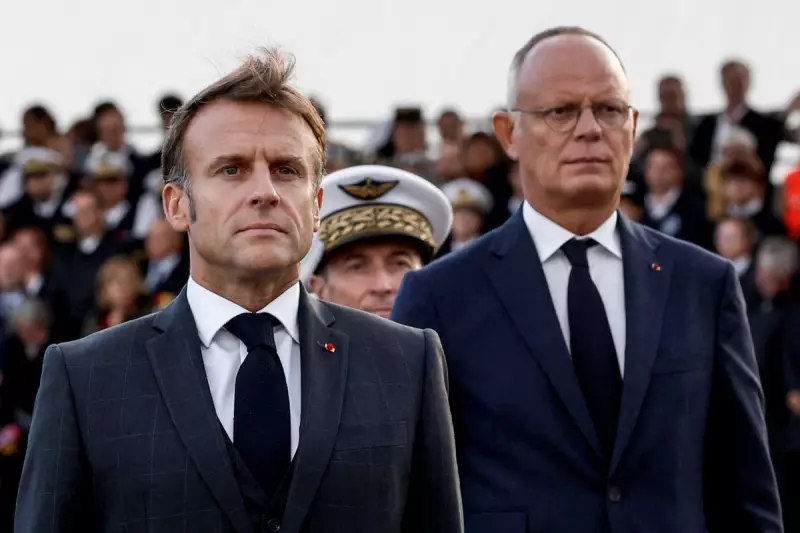
In a significant political shakeup, French President Emmanuel Macron has parted ways with his Defence Minister Sébastien Lecornu as part of a broader government overhaul following recent parliamentary elections that dramatically altered France's political composition.
The departure marks one of the most notable changes in Macron's new cabinet formation, coming just days after the president accepted the resignation of Prime Minister Gabriel Attal, who continues in a caretaker capacity during ongoing political negotiations.
Political Fallout from Election Results
The French political landscape has been thrown into uncertainty following parliamentary elections that failed to deliver a clear majority to any single political bloc. The left-wing New Popular Front emerged with the most seats but fell short of an absolute majority, while Macron's centrist alliance secured second position ahead of Marine Le Pen's National Rally.
This political deadlock has forced President Macron into delicate negotiations as he attempts to form a functioning government capable of addressing France's domestic and international challenges.
Lecornu's Tenure as Defence Minister
During his time as Defence Minister, Sébastien Lecornu played a crucial role in coordinating France's military support for Ukraine amidst Russia's ongoing invasion. His departure comes at a particularly sensitive moment for European security policy, with NATO leaders recently gathering in Washington to discuss continued support for Kyiv.
The 37-year-old minister had been considered a rising star within Macron's political circle and had previously served as minister for overseas territories before assuming the defence portfolio in 2022.
Broader Government Reshuffle Underway
Multiple sources indicate that several other ministers are expected to be replaced as Macron assembles his new government team. The reshuffle reflects the new political reality facing the French president, whose centrist bloc now holds significantly reduced influence in the National Assembly.
Political analysts suggest that Macron may be forced to appoint figures from outside his traditional political allies to form a coalition government capable of securing parliamentary support for key legislation.
International Implications
The government changes in Paris are being closely watched by international partners, particularly regarding France's future stance on European defence cooperation and continued support for Ukraine. As one of Europe's major military powers, stability in France's defence leadership remains crucial for continental security arrangements.
With key European positions in flux following recent elections across the continent, France's political direction will significantly influence the European Union's ability to present a united front on pressing international issues.





